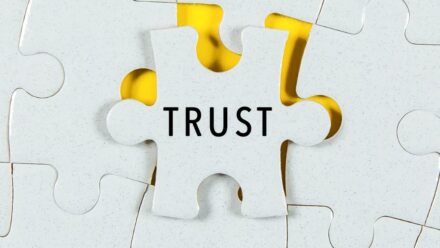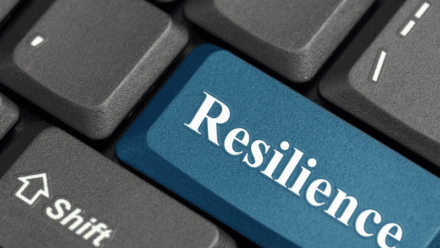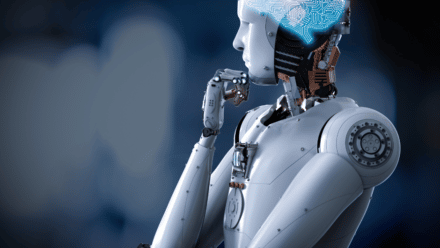All

Customer care can make a small business stand out
ZA Support stands out with exceptional customer service, keeping clients informed and prioritizing their needs. Led by CEO Courtney's passion and dedication, the company thrives on a committed team. Despite challenges, Courtney's journey from adversity to success fuels their desire to solve real problems. A distinctive competitive advantage and a passion-driven team make ZA Support shine in the business landscape.
Getting a job in a small firm requires a different approach from a big firm
Getting a job in a start-up? It's about more than just a CV. Small ventures value dedication, honesty, and tangible value. Show your commitment to their success and make personal connections. Be extraordinary in a unique environment.

Creating jobs requires fertile soil for small businesses to survive and grow
South Africa has been very successful in creating big companies, but we need more lovely family businesses that employ fifty people and provide quality goods and services. The numbers do not support the image of an entrepreneurial nation. It’s not all bad news. The government and private sector have put a huge effort into encouraging the creation of small businesses. Stats SA reported that small businesses generated 22% of total turnover in the formal business sector in 2019 compared to 16% in 2013. That’s still low, but it is good growth. To sustain this growth maybe the soil in which businesses grow needs attention.

Continuing with the next step while things fall apart
Discover how entrepreneurs navigate economic, political, and social challenges, drawing inspiration from an extraordinary story during wartime. Explore the power of resilience, constructive action, and the potential for small businesses to make a meaningful impact in their communities.

BK partners with AMI to train employees with new strategic skills and graduates over 200 staff
As a financial institution looking to improve the quality and profitability of its assets, the Bank of Kigali (BK) joined hands with the African Management Institute (AMI) to foster a productive and employee-focused workplace.

Managers and owners have to cope with an epidemic of loneliness
The Covid pandemic and remote work have worsened the trend towards isolation. Loneliness has significant consequences for physical and mental health, as well as productivity. Discover the effects, recommendations, and steps managers can take to combat loneliness in the workplace.

Shortlist and African Management Institute to Power-up Clean Energy Careers Across Africa with support from UK government
Shortlist and African Management Institute (AMI) announce the launch of the Energy Access Talent Initiative (EATI), a new £2.5 million collaboration dedicated to training and securing employment in the clean energy sector for over 1,600 African youth across sub-Saharan Africa.
The transition to CEO brings a new identity
The journey to becoming a CEO involves a profound shift in self-image and a change in attitudes and behaviors. This transition brings about a liminal experience, where the perception of oneself evolves. Executives often find that time becomes their scarcest asset, leading to a constant drive for productivity. However, it is crucial for CEOs to reserve time for personal reflection and the well-being of their company. The transition to CEO requires not only an initial identity change but also a later one that involves trusting and empowering the team. By aligning behaviors with the new identity, leaders can establish lasting changes. Moreover, it is important to have a sustainable underlying identity based on core values rather than external achievements or status.

Human Intelligence provides the best of power skills
As AI advances, businesses must prioritize soft skills such as emotional intelligence, creativity, and interpersonal effectiveness to stay ahead. By unlocking the power of human intelligence, businesses can thrive ethically, creatively, and successfully in a world where machines are taking over.

More trust with fewer rules leads to excellence
There is a paradox at the heart of managing people: while trust and affirmation are the foundation of the best functioning companies, nations, and families, strict enforcement of laws is also necessary when trust breaks down. How do you balance these seemingly conflicting approaches? It's a challenge that requires both strategic thinking and emotional intelligence.

Resilient leaders believe in a future they help shape
Leaders who possess resilience firmly believe in the power of shaping the future they envision.

Can AI offer a productivity break-through for professional service firms?
Explore the possibilities of a game-changing productivity boost for professional service firms with the integration of AI technology.